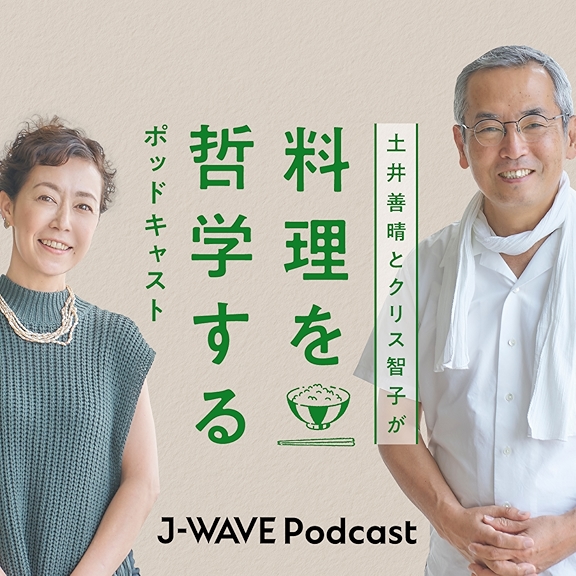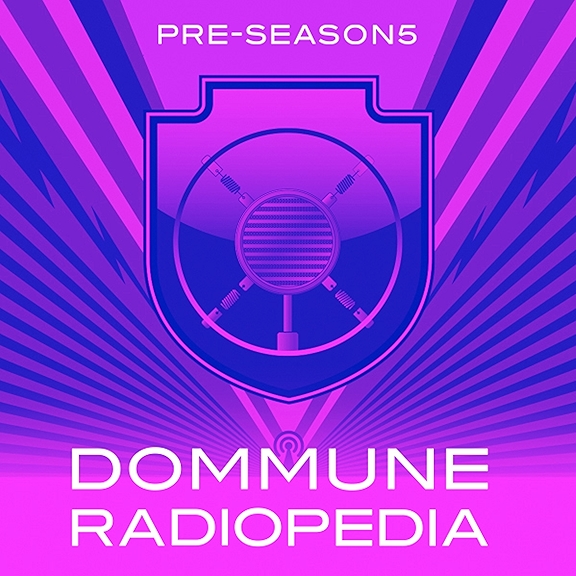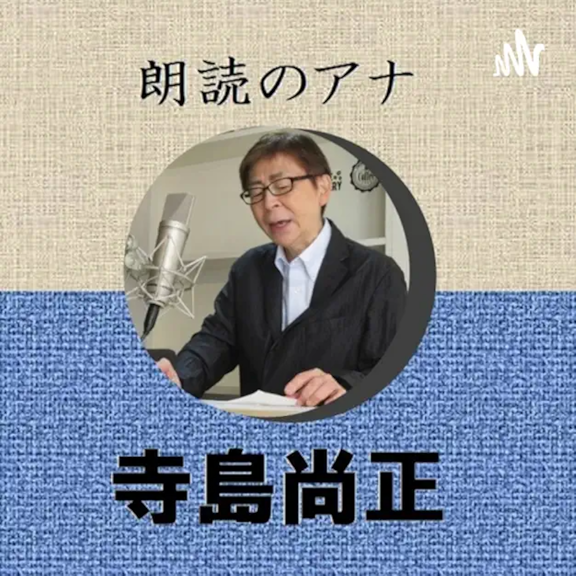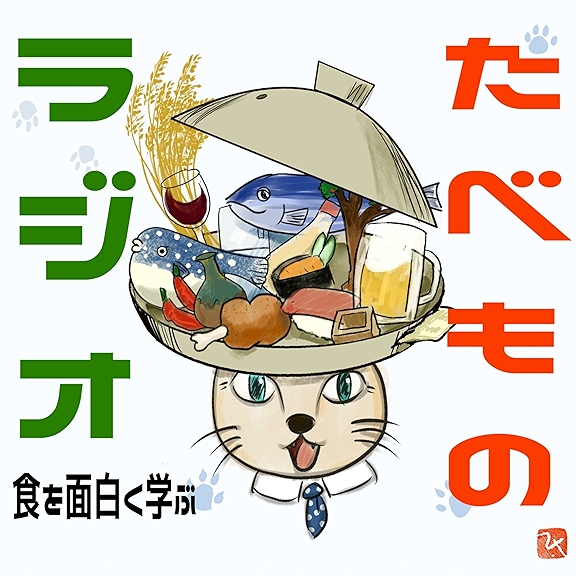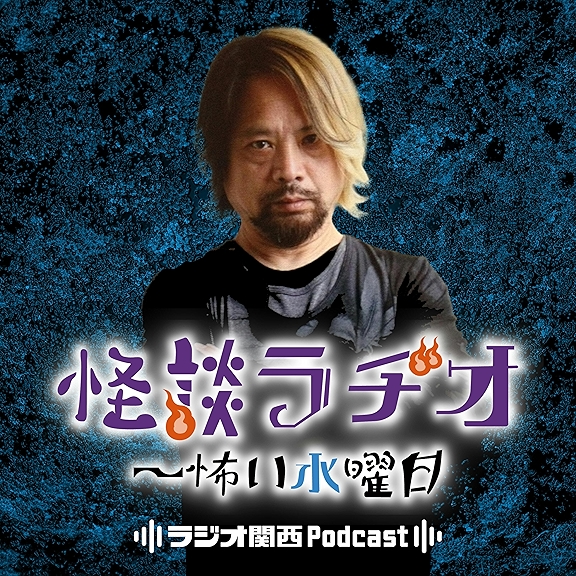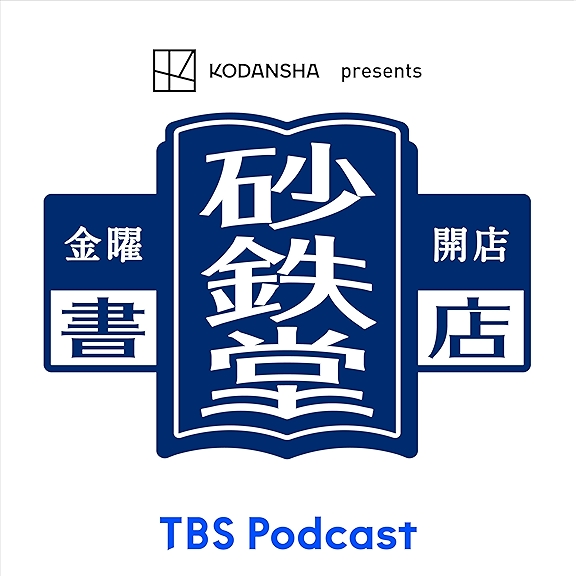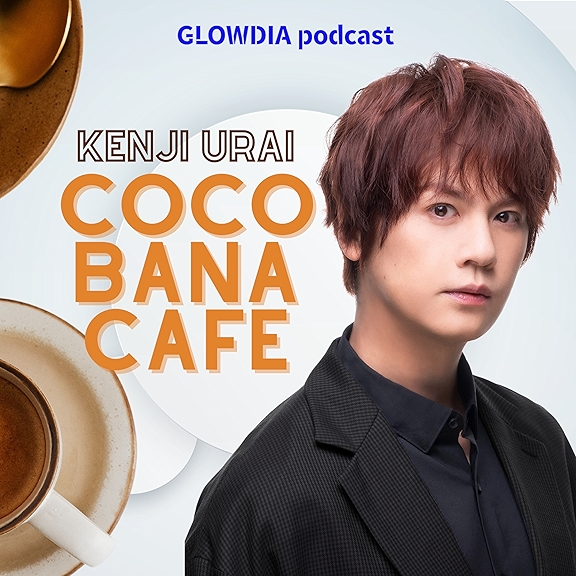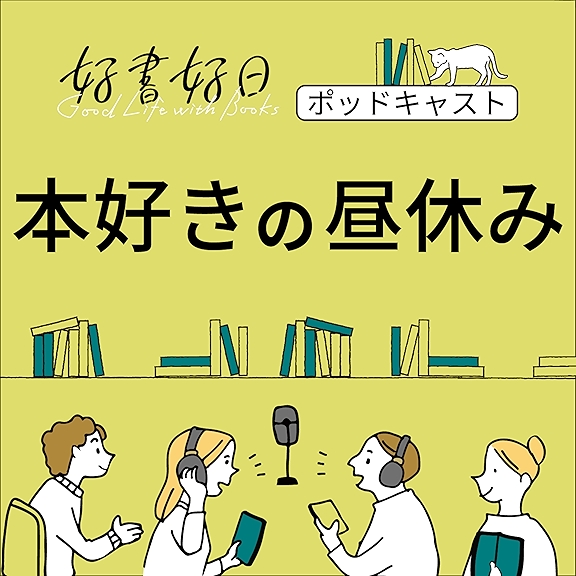
Keiko Honda is living a successful, busy life as a scientist of cancer epidemiology at Columbia University in New York City when one morning she abruptly loses all strength in her legs.
She phones a friend to care for her twenty-month-old daughter and rushes to the hospital. Within hours, she can barely breathe. She soon discovers she is permanently paralyzed from the chest down due to a rare autoimmune disease with a frequency of approximately one case per million per year. Suddenly, she’s that one. As Keiko struggles for life, she learns through lived experience the importance of community to healing, one of her prior research interests at Columbia....
Seeking a wheelchair-accessible home closer to nature in which to raise her daughter, Keiko moves to Vancouver, Canada. She starts hosting informal artist salons, forms a mutually supportive group of artists and art-loving neighbours and then, surprisingly, becomes an artist herself. While her illness forced her departure from a career she spent twelve years building, it would ultimately provide the opportunity to live a life dedicated to community, friendship and art, as well as the continually evolving process of self-discovery as a mother, Japanese immigrant, survivor and artist.
—Caitlin Press
Making is Finding
Ingrid Rose and Keiko Honda discuss Keiko's happy childhood, living with her grandparents, the foundation which gave her the courage to re-invent her life.
In spring it is the dawn that is most beautiful. As the light creeps over the hills, their outlines are dyed a faint red and wisps of purplish cloud trail over them, I quietly recited to myself in Japanese. My favourite line from Sei Shonagon's The Pillow Book (written in tenth century Japan). It comes back to me every spring.
from Accidental Blooms
Accidental Blooms was published by Caitlin Press in October 2023. You may order it from the publisher or your favourite bookstore.
“Keiko Honda is sharing much more than a memoir. She is sharing a philosophy of love and care in a time of anxiety and uncertainty. She shares a journey of possibilities when adversity strikes with life-altering challenges. This book is both an evocation as well as an example of ‘seeing with the heart.’ Our world is a better place for Keiko Honda’s generous gift(s).”
—Bernard Perley, associate professor for Critical Indigenous Studies, UBC
Go to WritersRadio.ca and listen to the current episode.
Writers Radio is a free 24/7 non-commercial internet radio station that presents new and recognized writers reading their own work.



